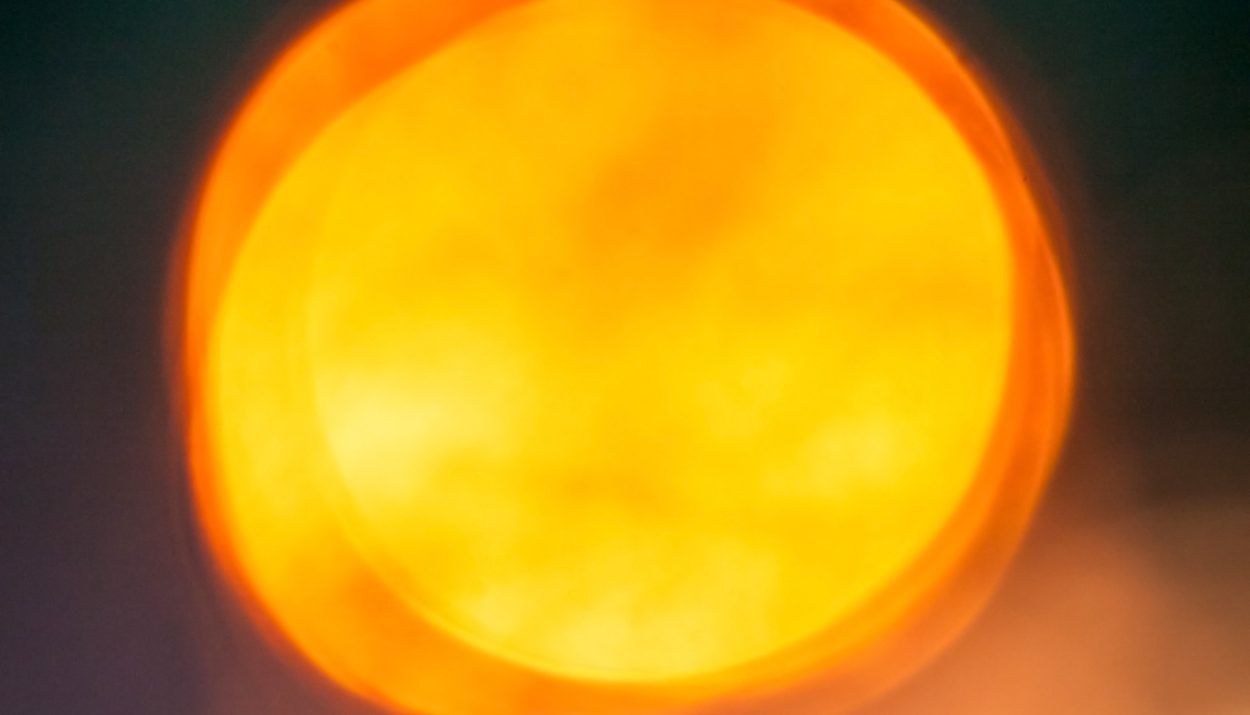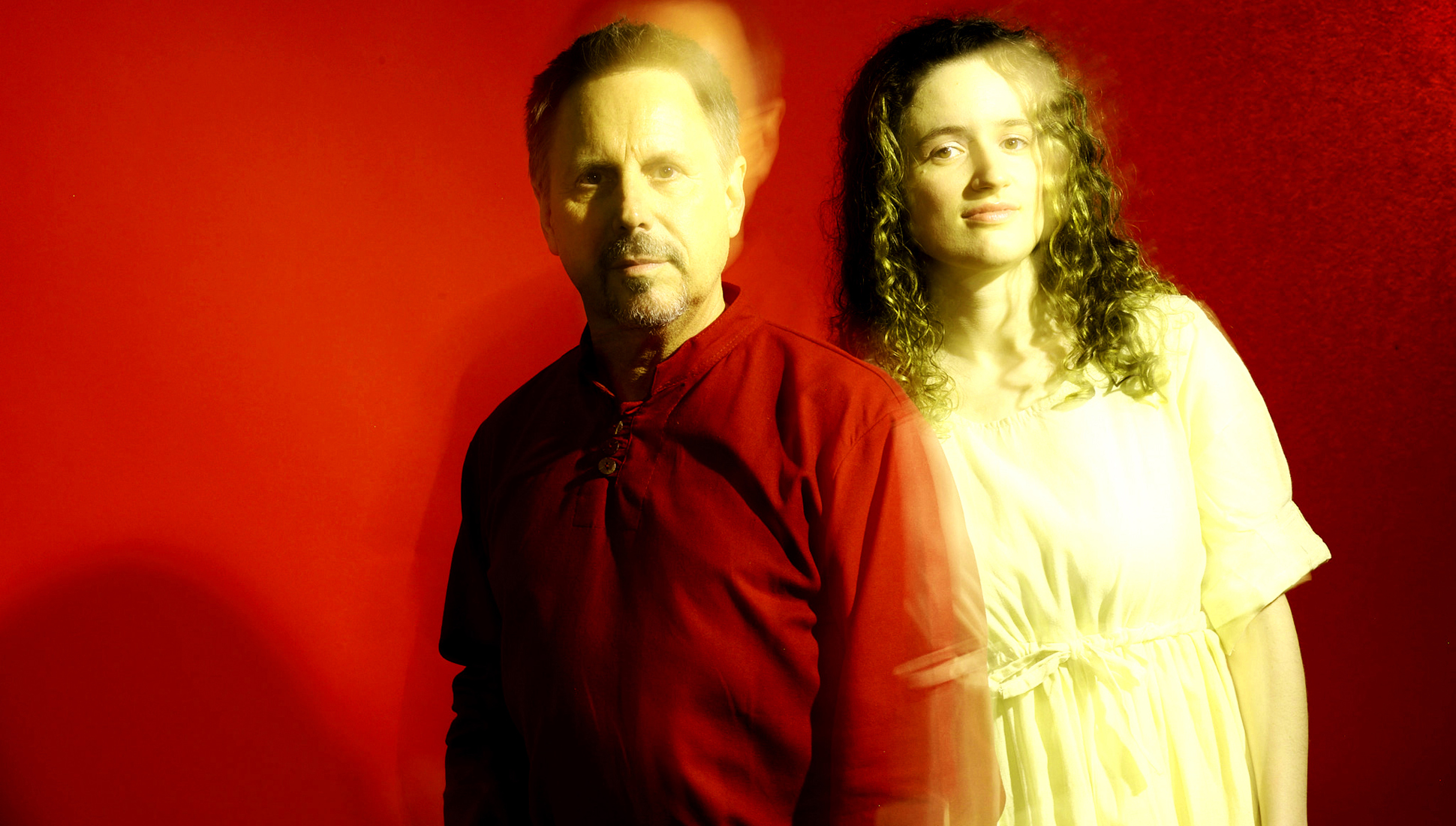There are certain moments in music when the past and present come together so seamlessly that time itself seems to dissolve. With his fifteenth album, “Arcadia,” released on August 22, 2025, New York City–based composer Kevin Keller achieves just that. Known for his signature style of “ambient chamber music,” Keller crafts ethereal landscapes where electronic effects, synthesizers, and classical instrumentation coexist in luminous harmony. This latest work, featuring the crystalline vocals of Sofía Campoamor and an ensemble of sopranos and string players, is a spiritual journey and not just an album.
Recorded and mixed by Grammy- and Oscar-winning engineer Robert L. Smith, Arcadia shines with sonic clarity and reverence. The instrumentation—violin (Sarah Zun), cello (Laura Metcalf), viola (Angela Pickett), and sopranos Katherine Wessinger, Danya Katok, and Wendy Baker—intertwines with Keller’s keyboards and electronic textures to form a radiant tapestry. Drawing inspiration from Hildegard of Bingen, Keller sets original Latin texts that explore the afterlife and the soul’s journey beyond death, creating music that feels as timeless as it does contemporary. Each of the album’s eight tracks unfolds like a hymn, each carrying the listener further into a realm where sound and scripture merge.
The album opens “Arcadia 1: Et vidi caelum” like light breaking through stained glass. Campoamor’s vocals rise with an awe-filled clarity, echoing the vision of a new heaven and earth from Revelation. The strings shimmer against subtle organ tones, evoking crystalline rivers of life. Keller’s production is intimate and grand, pulling you into a meditation on divine renewal.
In “Arcadia 2: Et nox ultra,” Keller creates a hymn that hovers in eternal stillness. The text—“And there shall be no more night”—is sung with luminous restraint, resonating with cathedral-like spaciousness. Synth washes and piano chords form a sonic halo around the voice, making the track less a song than a promise embodied in sound.
Campoamor delivers “Arcadia 3: Me solum me invenio” with haunting fragility, her voice suspended between solitude and transcendence. “Ambulo in inanitate / Errans, sperans”—wandering, yet hoping—becomes a mantra of vulnerability and resilience. Minimalist piano and strings frame the performance with a sacred weight, creating a modern psalm for those who seek light in darkness.
A whisper in the void, “Arcadia 4: In tenebris” piece feels like a prayer given form. Chant-like vocals float over sparse piano chords and sustained strings, carrying lines like “Stellae sicut susurros remotos”—stars like distant whispers. The performance has a devotional steadiness, embodying both shadow and the determination to find the way: “Sed viam inveniam.”
“Arcadia 5: Mare, littus, flammam” is where Campoamor’s voice becomes elemental—serene yet commanding, rising like light over storm-tossed seas. Keller surrounds her with radiant synths, shimmering piano, and choral harmonics, evoking tides, flame, and shore as metaphors of spiritual passage. The track is both hymn and invocation, guiding the listener like a lighthouse through darkness.
In “Arcadia 6: In equo fugit,” Keller paints freedom and transcendence through chant-like vocals that glide over luminous layers of strings and piano. The imagery of a rider and horse fleeing toward the sun transforms into a metaphor for the soul’s liberation. The performance carries grace and quiet power, glowing with both intimacy and grandeur.
With its invocation of “et lux perpetua luceat eis,” “Arcadia 7: Et lux perpetua” feels like a prayer carried on eternal breath. Campoamor sings with liturgical restraint, her voice pure and unadorned, while Keller’s production opens vast spaces of sound—synths, piano, and choral textures reverberating like prayer in a cathedral. It is music made of light itself.
The journey closes with sanctuary in “Arcadia 8: Veni intus.” The refrain—“Veni intus, salvus eris”—is sung with tender assurance, offering the listener peace and rest. Vocals blend in soft unison over strings and ambient textures, enveloping the spirit in calm. The album concludes not with grandeur, but with stillness: an eternal invitation into light and safety.
What makes “Arcadia” beautiful is the balance Keller achieves between the ancient and the modern. The vocals, particularly Campoamor’s, are delivered with reverent clarity. The sopranos’ supporting voices expand the sound into choral radiance, while the strings add warmth and gravitas. Keller’s keyboards and electronic effects never intrude; they serve as luminous foundations, expanding the sonic cathedral.
With this album, Kevin Keller has given us a modern hymn cycle for the eternal soul. Drawing from medieval mysticism yet speaking with a contemporary voice, the album invites us to contemplate, to grieve, to hope, and ultimately to rest in light. It is an offering of serenity in a restless world, and a profound welcome into a space where ancient echoes and modern soundscapes intertwine.
Listen to the “Arcadia” album on Spotify
Follow Kevin Keller here for more information







